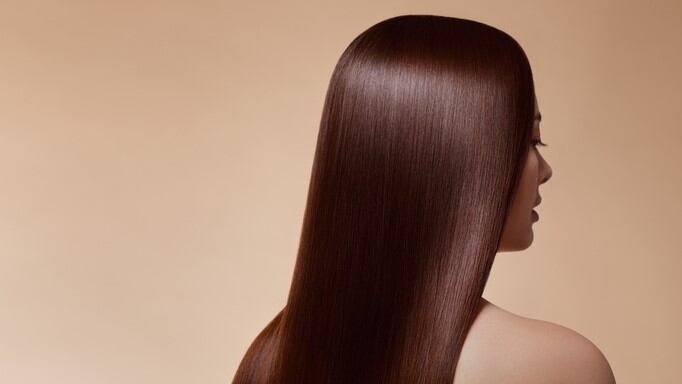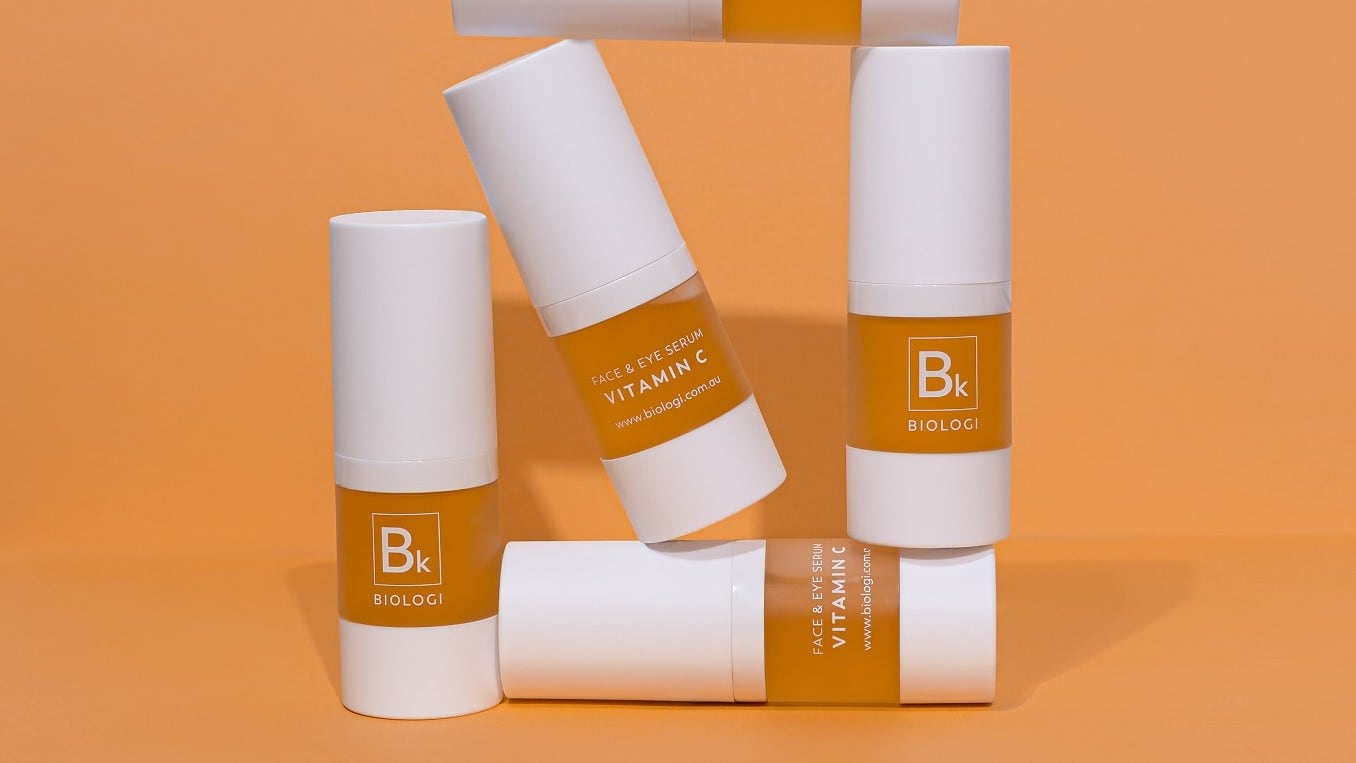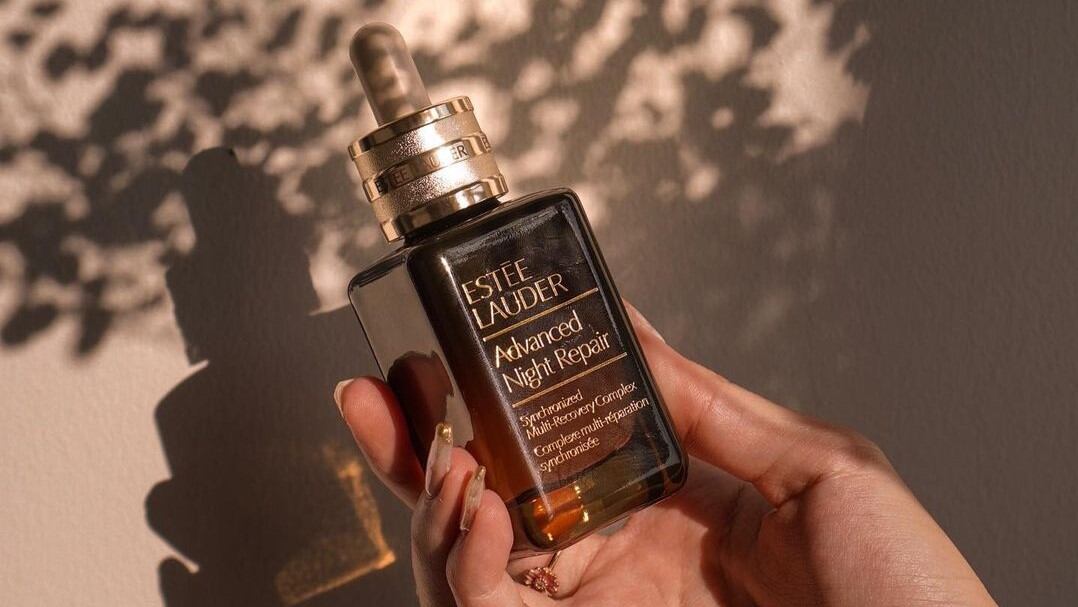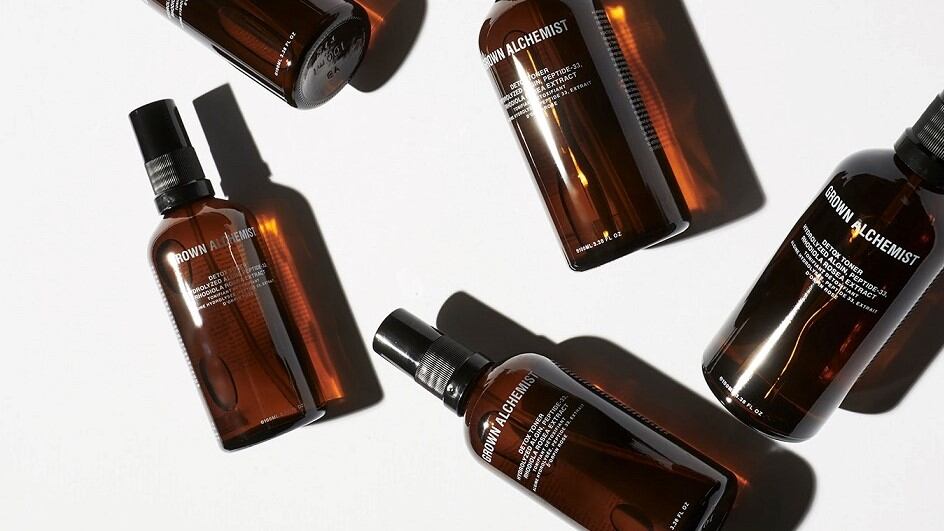The silicone-free hair care trend was driven by the Asian consumers’ concern for safety as well as their preference for gentle products. However, the demand today is driven by the emphasis on products that are good for health.
“Silicone itself is a very good chemical that can bring the hair back to a healthy appearance and sensory. However, it cannot help your hair to grow or repair it,” elaborated Dr Xia Juntao, BASF Head of Development & Innovation, Personal Care Solutions Asia Pacific.
While this is the prevailing consumer sentiment, Xia emphasised that silicones are a safe cosmetic ingredient.
“Consumers just have this perception of silicone being deposited onto the scalp and building up for a long time on their scalp and hair.”
He added that there are growing concerns among consumers that silicone is not biodegradable and its cumulative impact on the environment is still inconclusive.
In hair care, the silicone-free trend has mostly manifested through shampoos and the demand is still increasing in APAC, reflecting the consumers' continued pursuit for all things clean.
According to Mintel, 18% of hair care launches were silicone-free from April 2019 to March 2020, compared to 10% from April 2015 to March 2016.
While silicone-free shampoos are becoming a dime a dozen, there is a lack of silicone-free hair conditioners in the market. In 2019, only 13% of new silicone-free hair care launches were conditioners, as compared to shampoos which made up 23%.
Being able to fill the gap for an effective silicone-free conditioner was a big “chance and opportunity”, said Xia.
The gap in the market existed primarily due to the technical challenges of formulating effective silicone-free conditioners.
“The biggest challenge here was how to deliver the same performance that silicone delivers in conditioners. If we had a concrete solution but couldn’t deliver the desired performance, the solution also will not be accepted by consumers,” said Xia.
Finding a true alternative
To find the solution, BASF conducted a study to find a ‘real silicone alternative’ that would achieve a similar effect to conventional hair conditioners that contain silicone, while also fulfilling the demand for natural ingredients.
“Our final goal was to develop a scientific and sustainable technical approach to prevent hair damage from external factors and repair hair structure, thereby maintaining the healthy beauty of consumers' hair,” said Xia.
The solution was to combine natural emollient and water-in-oil emulsifier.
“The emulsifier which we have introduced is mainly used in skin care. We also tried to leverage the skin care technology into hair care, which is fitting the current trend of skinification,” said Xia.
The company tested this solution on Mongolian hair after damage due to bleaching and concluded that the natural hydrophobicity of hair could be partially or fully restored, with its silicone-free formulations having effects similar to conventional silicone-containing products.
The company also employed many methods to assess its solution, including biomimetic measurement system to measure the human touch and feel of hair.
“As a successful benchmark, silicone-containing hair conditioner as a chemistry solution has helped humans to maintain the hair sensorial property in last decades. We have already identified a few solutions to outperform traditional silicone-containing hair conditioner,” said Xia.
“Driven by the clean beauty and sustainability trends, we must keep our efforts to explore, to discover, to understand and to create more novel hair conditioning solutions for the healthy beauty of human hair. It is always a challenge, but also an exciting journey.”
Effects of Cosmetic Emulsions on the Surface Properties of Mongolian Hair
Zhaoting Liu, Katja Graf, Jochen Hub, and Matthias Kellermeier
ACS Omega 2022 7 (13), 10910-10920
DOI: 10.1021/acsomega.1c06526





